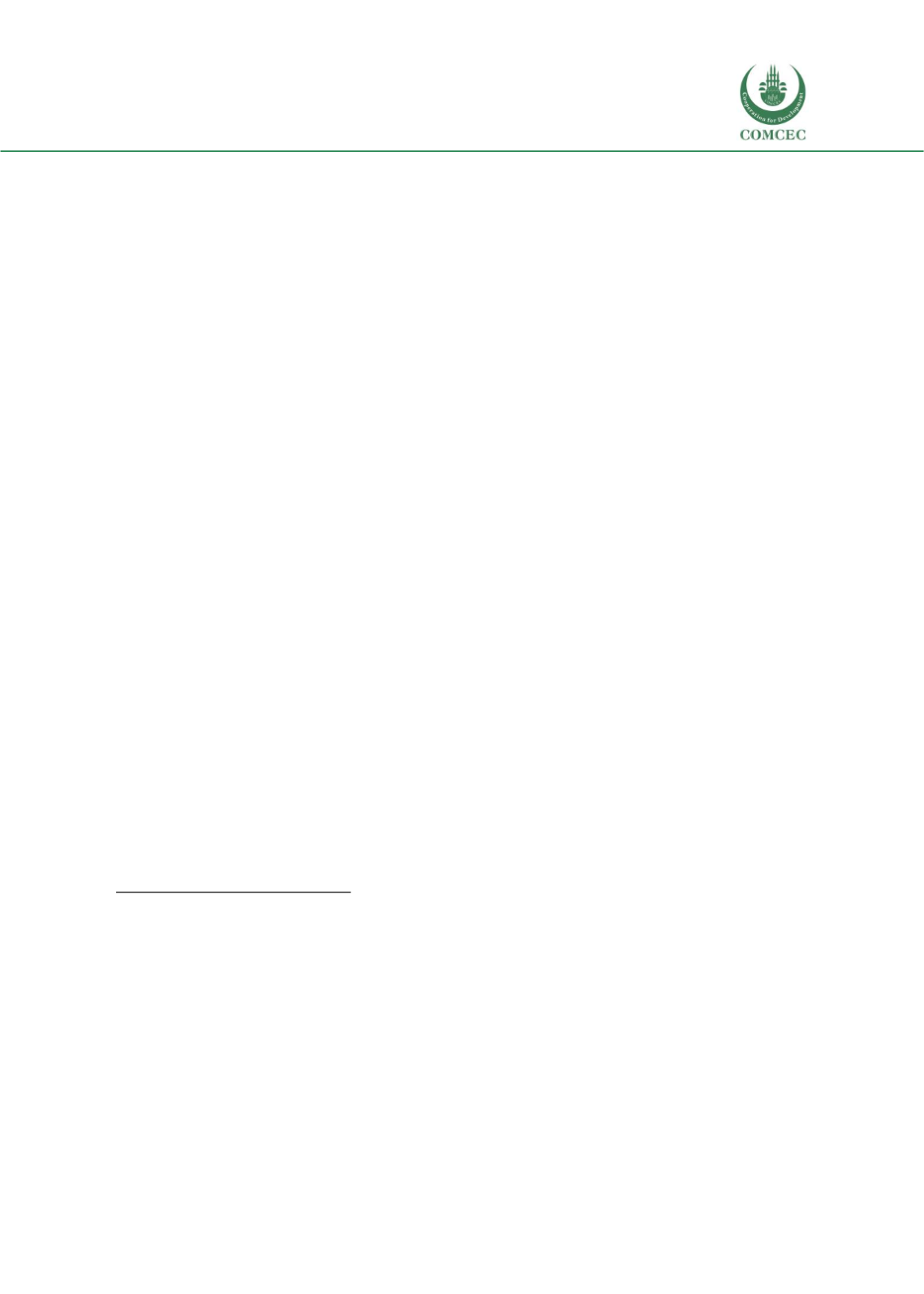

Risk Management in Transport PPP Projects
In the Islamic Countries
209
In the project operation phase, the risk monitoring function is transferred to the Ministry,
which is also in charge of the risk treatment.
Investment attraction
The Third Global Infrastructure Investment Index
53
(2016), measuring which markets are most
attractive to both public and private investors, revealed that Malaysia is within the
top 10
locations in the world in which to invest in infrastructure
, thanks to the positive economic
performance and long term continued investment in infrastructure. However, the report also
showed that in the short-term investment is threatened by a number of risks including its
currency depreciation against the dollar and corruption that has delayed some projects.
The 2018 Corruption Perceptions Index (by Transparency International) ranks Malaysia in the
61-place out of 175 countries. Whilst no information seems to be publicly available concerning
cases of corruption and PPP projects in the country, in the last 2 years the above index for
Malaysia went down six places in the overall ranking. Corruption is thus representing an
emerging element requiring risk mitigation efforts, such as increasing transparency particularly
at the procurement stages and for unsolicited proposals.
In the period 1976-2016, Malaysia developed 37 projects accounting for USD 719.8 through the
Islamic Development Bank
(COMCEC, 2019). After 2016, Malaysia has stopped using IDB
funds to not depend on external funds and to instead focus on raising funds domestically.
An asset for investment attraction is the sound legal framework for
Islamic finance
, which has
allowed the sector to develop steadily. Nowadays, the Malaysian Islamic financial industry is the
most developed at global level according to the Islamic Finance Development Indicator
developed by ICD and Thomson Reuters (2017). In particular, Islamic finance played an
important role in financing infrastructure sector in Malaysia, with transport within the first
sectors supported (COMCEC, 2019).
The majority of the resources tapped in the form of Sharia-compliant instruments has been
raised in the form of Sukuk
54
. There are several reasons for this trend.
Sukuk offer steady and valuable long-term returns, exhibited lower volatility compared to
traditional finance and relative to comparable fixed-income securities. The main reasons relate
53
The Global Infrastructure Investment Index ranks the world’s 41 most dynamic countries with the greatest
potential for growth and investment in their economic infrastructure. The index ranks countries according to
their attractiveness over a long-term time frame (five years plus) and uses 24 indicators across five key
categories. Economic strength, business environment, risk, infrastructure opportunity and financial
environment form the key variables. Most weighting goes to indicators of dynamism but the overall blend
creates the final ranking. (Global Infrastructure Hub).
54
A sukuk is an Islamic financial certificate that provides an investor with ownership in an underlying asset.
Since the traditional Western interest-paying bond structure is not permissible, the issuer of a sukuk sells an
investor group a certificate, and then uses the proceeds to purchase an asset, of which the investor group has
partial ownership. The issuer must also make a contractual promise to buy back the bond at a future date at
par value.
















